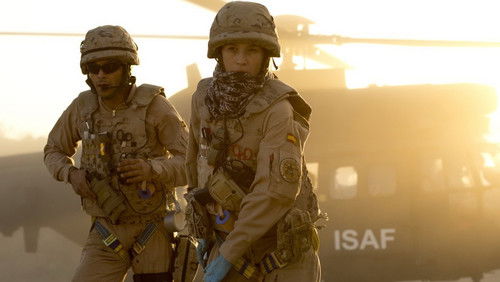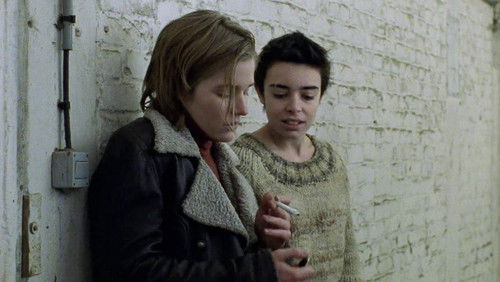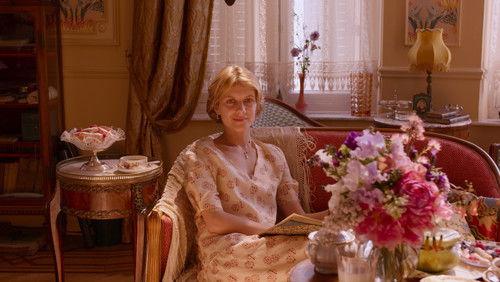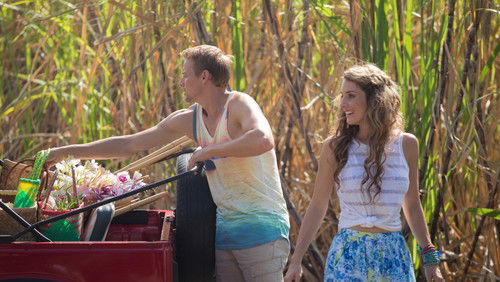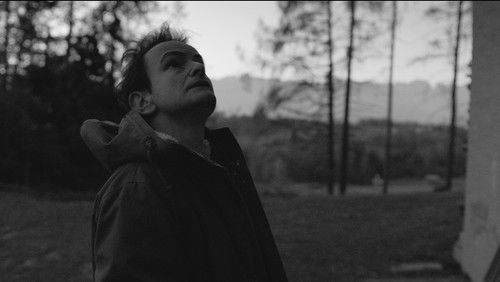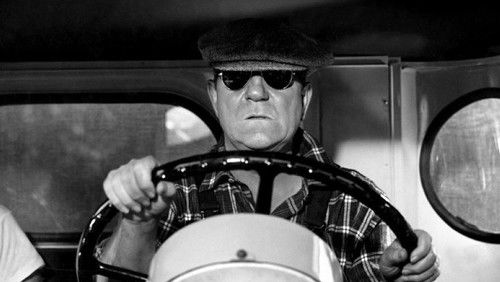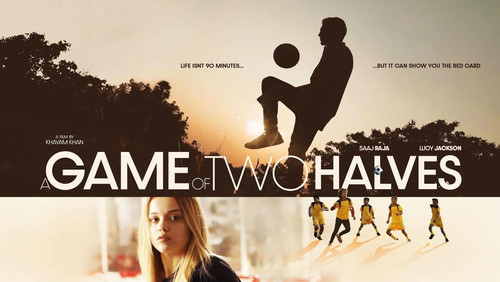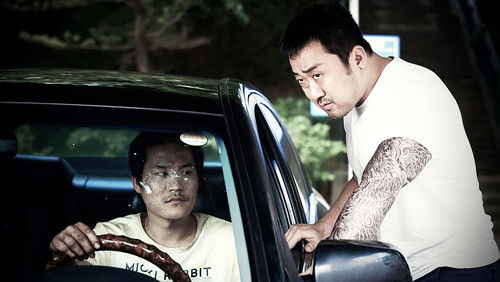Clash (2016)
21KClash: Directed by Mohamed Diab. With Nelly Karim, Hani Adel, El Sebaii Mohamed, Mohamed ElSouisy. Set entirely in an 8m police truck, a number of detainees from different political and social backgrounds are brought together by fate, during the turmoil that followed the ousting of former president Morsi from power.
“Seen at the Filmfest Ghent 2016 (website: http://www.filmfestival.be/en). Prior to the screening, the director told that he succeeded in pissing off everyone in Egypt by making this movie. Arousing that much controversy can be considered a huge success in itself, were it not that he suffered some trauma because of everyone punching him afterwards. Along the line, he was accused of being a spy, funded by the West, even though the film is against no one, just pro humanity in general. Even so remarkable is that the film got attacked by everyone equally, because it inadvertently seemed to humanize u0026quot;the othersu0026quot;.u003cbr/u003eu003cbr/u003eAfter Lebanon (2009, Samuel Maoz) this movie extends the concept of the narrow space with a very limited view on the outside world, and no easy way to escape due to a hostile environment. New is that the 25 persons locked up in a police van, are very different from each other with respect to age, religion, politics, and even sexes are mixed with all complications thereof. In other words, the hostility is not only the outside world but comes from fellow prisoners too, maybe even more so from internal rather than external. u003cbr/u003eu003cbr/u003eFor me it was not easy to remember faces and names; I lost track of each oneu0026#39;s political stance very soon. Nevertheless, the hodgepodge of people and attitudes is clear from the outset. There is spurious contact with other police vans, containing people in a similar position, with name exchanges to verify whether relatives or friends are kept there and hopefully are in good health. Also, there are frequent contacts with soldiers, sometimes helpful sometimes not so helpful due to orders from higher echelons, or flatly unhelpful because of uncertainty about the other sideu0026#39;s intentions.u003cbr/u003eu003cbr/u003eThe Qu0026amp;A with the director after the screening brought a lot of useful information, in fact an addendum to his initial address before the screening. I scribbled down the following notes. It is difficult to make a movie like this in contemporary Egypt. A self-contained movie could be made about the making of this one, or even around making movies in general in Egypt for that matter. And it can still be worse, when seeing the film being pulled off cinema listings after its official release. On the other hand, he received moral support from outside Egypt, like for example Tom Hanks, who wrote that this movie changed his view on Egypt. Following up on a question from the audience, about being still welcome in Egypt, the director replied that it is complicated. In any case, it is still unclear whether he could make any other film there. It is not that that some person or some bureaucracy is against, because of Egypt being so many things together and certainly no homogeneous mass. Another question from the audience about the humor that was prominently present, despite the subject matter being a very serious matter. The director replied that the humor was interwoven to breathe, something that is very common in Egypt, often observed even during funerals.”

